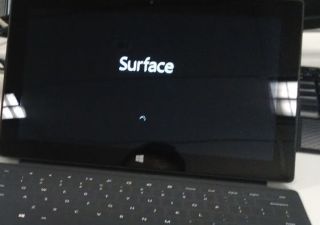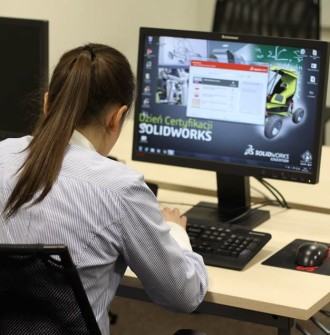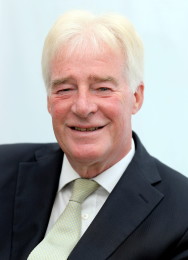Tech Data’s shares  crashed after its numbers failed to impress analysts and it complained of missing vendor rebate targets.
crashed after its numbers failed to impress analysts and it complained of missing vendor rebate targets.
For those who came in late, Tech Data’s moves to buy out Avnet Technology Solutions received the thumbs up from Wall Street, with its share price rising 27 percent for the year to date.
But now its market value has dropped 19 percent as the company missed its quarterly profit targets and disappointed Wall Street with its guidance.
This is Tech Data’s first full quarter since it sealed the Avnet mega-merger in February, and the deal has made it even bigger than everyone expected, with Q2 revenues surging 40 percent annually to $8.9 billion. Growth in both Europe and the Americas was in the low single digits.
Avnet TS has also breathed fresh life into Tech Data’s margins. Gross margins hit 5.8 percent for the quarter, up from 4.98 percent a year earlier, as the more enterprise-focused Avnet business made its margin-enriching presence felt.
But Tech Data’s gross margins and earnings should have been even higher than this. The outfit blamed the shortfall on execution issues, increased competition and a fall in rebates from some of its key vendor partners.
Despite this, Tech Data’s shares are still up by about five percent for the year to date as CEO Robert Dutkowsky argued that the giant is a “stronger and more complex company today than it was a year ago”.
A “significant piece” of the shortfall was generated by Tech Data missing its vendor rebate targets, Dutkowsky revealed on a Q2 earnings call.
Dutkowsky pointed the finger at Avnet’s biggest vendors when he said that the problem lies mainly with “a few very large vendors”… “and these are not vendors that we have had a long history of managing at the volume and scale and scope that we had to manage through this quarter”.
During Q2, only Apple (12 percent), HP Inc (11 percent) and Cisco (11 percent) generated over 10 per cent of Tech Data’s sales, but it inherited a big relationship with IBM through the Avnet union.
Dutkowsky said that a relatively small sales shortfall in technologies it carries in its newly enlarged datacentre arm can result in it missing margin-rich rebates, due to the project-based nature of the business.
A number of vendors on this side of its business changed their rebate programmes during the quarter, affecting its profitability, he indicated. To make matters worse, several major vendors didn’t grow at the rate they planned during the quarter, Dutkowsky added, making it even harder to hit rebate targets that were assigned based on projected growth.
“We’re learning to manage the challenges and the complexities and that’s why we can say that that fits into that category of execution, and we know we can execute better in this area and we will,” he said on the call.
 HPE CEO Meg Whitman would rather have preferred that Brexit never happened.
HPE CEO Meg Whitman would rather have preferred that Brexit never happened.


















